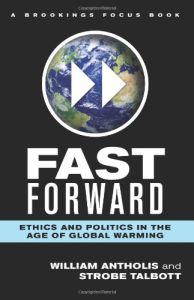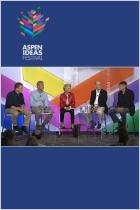
Fast Forward
Ethics and Politics in the Age of Global Warming
Read or listen offline
Recommendation
While the science on global warming is clear, its politics are murky. Foreign policy experts William Antholis and Strobe Talbott contend that national affairs of state must take into account ethical global concerns over the Earth’s future. They reach back to the ancient Greeks, the Founding Fathers and the joint US-Russian efforts on nuclear arms control to portray modern climate change as a matter of overarching significance. While their principled arguments may not totally convince opposing sides, what remains, however, is valuable: a journalistic, blow-by-blow chronology of the global warming debate and its diplomatic failures to date. This detailed presentation makes the case – at times ploddingly – that a new way of thinking is necessary to reduce greenhouse gases before the planet suffers irreparable damage. The subject matter occasionally can get eye-glazingly technical, but its consequences are crucial. getAbstract believes that policy wonks and environmental activists will lap up the book’s points, and recommends it to students of global governance and every other citizen of planet Earth.
Take-Aways
About the Authors
Strobe Talbott heads the Brookings Institution, where William Antholis is managing director and a senior fellow in Governance Studies. Talbott served as US deputy secretary of state in the Clinton administration; Antholis worked on Clinton’s National Security and National Economic Councils.

















Comment on this summary or Начать обсуждение